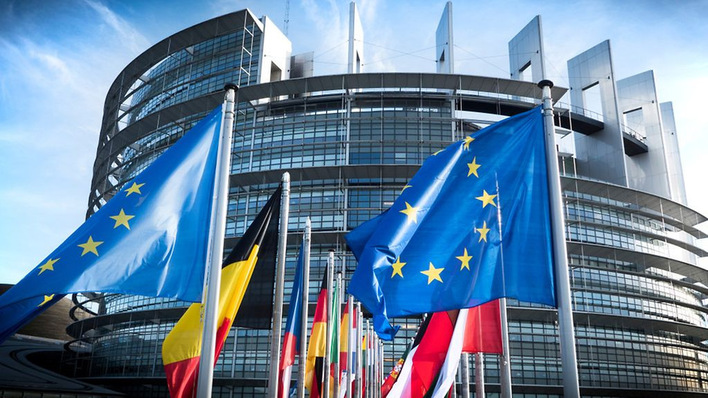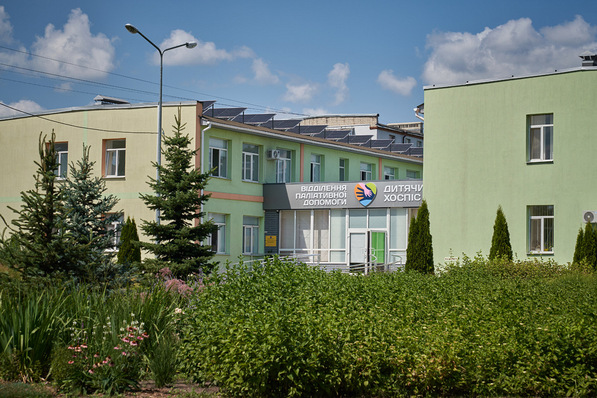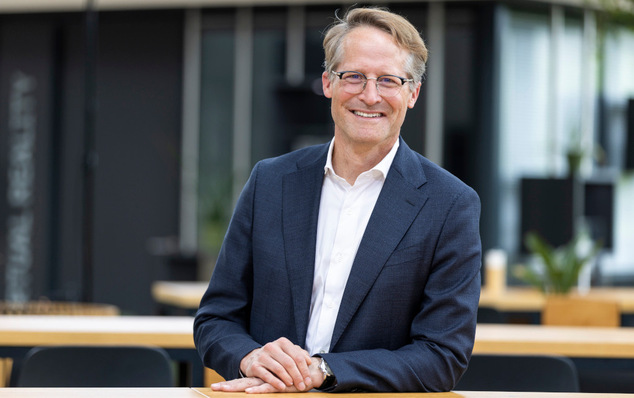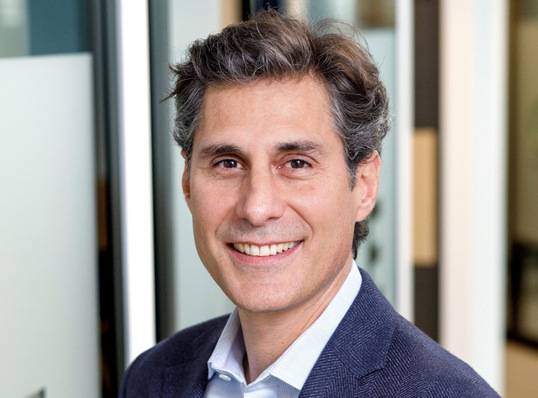On 24 February 2022, at the same time of Russia's invasion of Ukraine, Viasat's Ka-Sat communications satellite was targeted by a cyber attack. Whether the timing is a coincidence or whether it was a targeted Russian attack is not clear. Then again, part of the Ukrainian military communications are also conducted through this satellite.
No generation downtimes registered
The attack has also had an impact on wind turbines in Germany. This is because they fall back on satellite communication when there is no mobile radio network through which the turbines can be controlled and monitored. But there was no outage or disruption to the power supply at any time. "The hacker attack at the end of February 2022 did not lead to any loss of production at the affected wind and solar plants," Christian Schnaidt confirms.
See also: Call for scale up of European Solar PV Industry
He is responsible for operations at the Aream Group, a management company for investments and plants related to renewable energies based in Düsseldorf. "We ourselves were affected by the disruption of the satellite connection at two plants," Schaidt knows. But although the satellite connections failed due to the attack, there was no risk, he emphasises. After all, the plants switch to autonomous control when the satellite communication fails. For example, they can also switch themselves off in the event of strong winds or hurricanes. As a result, production continued without restriction.
Decentralised power plants less vulnerable
Markus W. Voigt, Managing Director of the Aream Group, therefore sees decentralised power generation as a huge advantage in terms of security of supply in times of crisis. After all, it is hardly possible to attack plants on a large scale. A nationwide outage is therefore unlikely. "Renewable energies are a very stable factor in the German energy mix," Voigt emphasises. "Because if individual large power plants cover the electricity needs for millions of people, they are naturally also targets for attacks or acts of sabotage in times of crisis," says Voigt. The decentrally organised renewable energies with their many small installations are much less at risk. (su/mfo)







